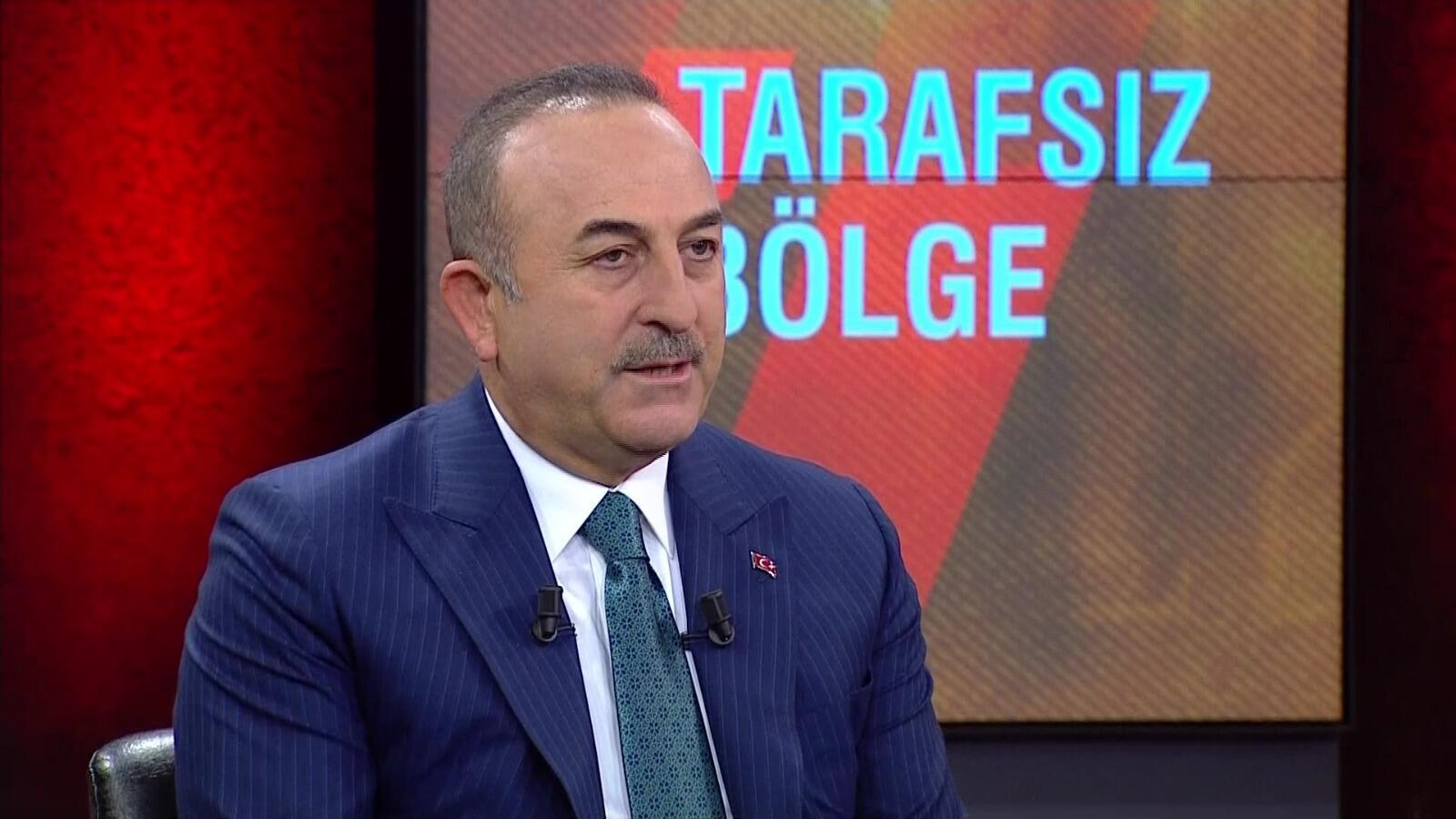More moderate messages have started to come from
Greece on the issue of the
eastern Mediterranean, but it has not abandoned its maximalist policies, Foreign Minister
Mevlüt Çavuşoğlu said on Sept. 16.
The messages coming from the Greek prime minister in the past two to three days have been more moderate. Greece started to give a more positive message, taking the opportunity of the return of the [Turkish seismic exploration vessel] Oruç Reis to Antalya Port to replenish supplies and for maintenance,” Çavuşoğlu told private broadcaster CNN Türk.
“On the other hand, by saying ‘we want more of this,’ they are maintaining their maximalist attitude,” he added.
Noting that the exploratory talks that started after the 1996 Kardak (Imia) crisis are a mechanism established to decide how to resolve problems that cannot be solved with agreements, Çavuşoğlu underlined that not only one issue, but all issues should be discussed in one package.
The maintenance and supply process of the Oruç Reis vessel could be evaluated by Greece as an opportunity, President Recep Tayyip Erdoğan told German Chancellor Angela Merkel in a phone conversation on Sept. 16, Foreign Minister Çavuşoğlu said.
“As our President [Recep Tayyip Erdoğan] told [German Chancellor Angela] Merkel today, we have given diplomacy an opportunity in the past, but Greece declined it,” he said.
“Instead of expecting more from us, Greece can turn this period into an opportunity by taking positive steps. We say that Greece should not miss this opportunity, which it did by signing an agreement with Egypt before,” he added.
The videoconference call between the two leaders came ahead of an EU summit next week at which the bloc will discuss imposing sanctions on
Turkey over its search for energy in waters claimed by Greek Cyprus and Greece.
Germany has taken the lead in trying to mediate an end to a conflict that has seen the two NATO neighbors stage rival air and sea drills in strategic waters between Cyprus and Crete.
The Turkish presidency said Erdoğan told Merkel that the dispute “could be resolved through negotiations... provided that a constructive approach, based on fairness, prevails.” Erdoğan “underscored that he will continue to implement a decisive and active policy with regard to Turkey’s rights,” his office said.
Meanwhile, Çavuşoğlu held a phone conversation with his German counterpart, Heiko Maas, on Sept.17 on the issue of the eastern Mediterranean.
On the other hand, the Turkish and Greek delegations met at the NATO headquarters in Brussels on Sept. 17 to discuss ways to reduce the risk of an incident amid rising tensions in the eastern Mediterranean, according to the Turkish Defense Ministry.
Top diplomats from Greece and Turkey are in contact, and Ankara has to decide whether it wants to engage with Europe or continue with unilateral actions and face consequences, Greek Prime Minister Kyriakos Mitsotakis said at an event on Sept. 16 in Athens.
“I haven’t spoken to Mr. Erdoğan but our advisers are in contact with each other, which in my mind is important,” Mitsotakis said.
“If we continue down that path, I’ve said very clearly that I’m open to starting exploratory talks very, very soon,” Mitsotakis added.
